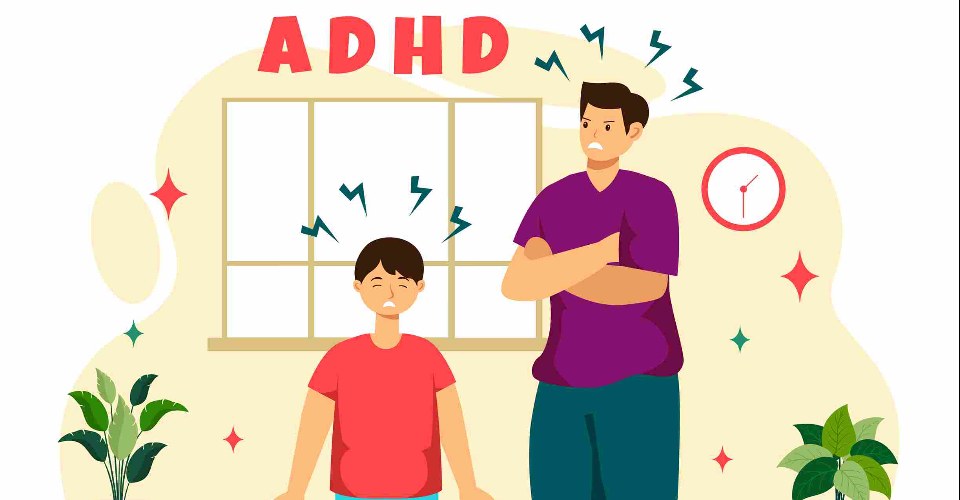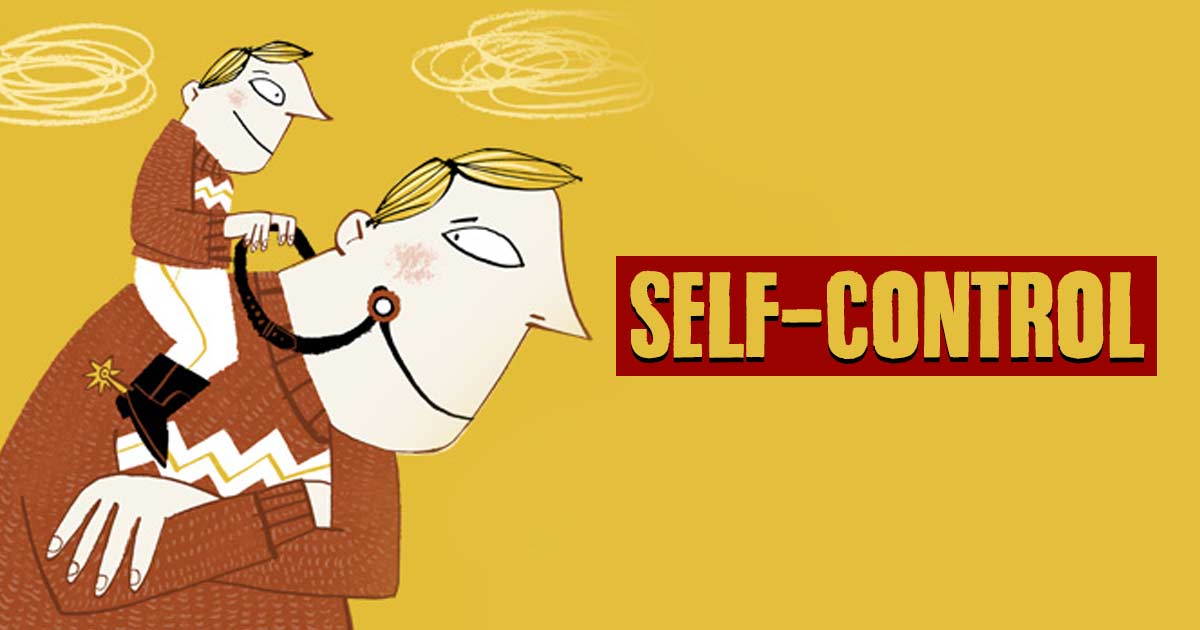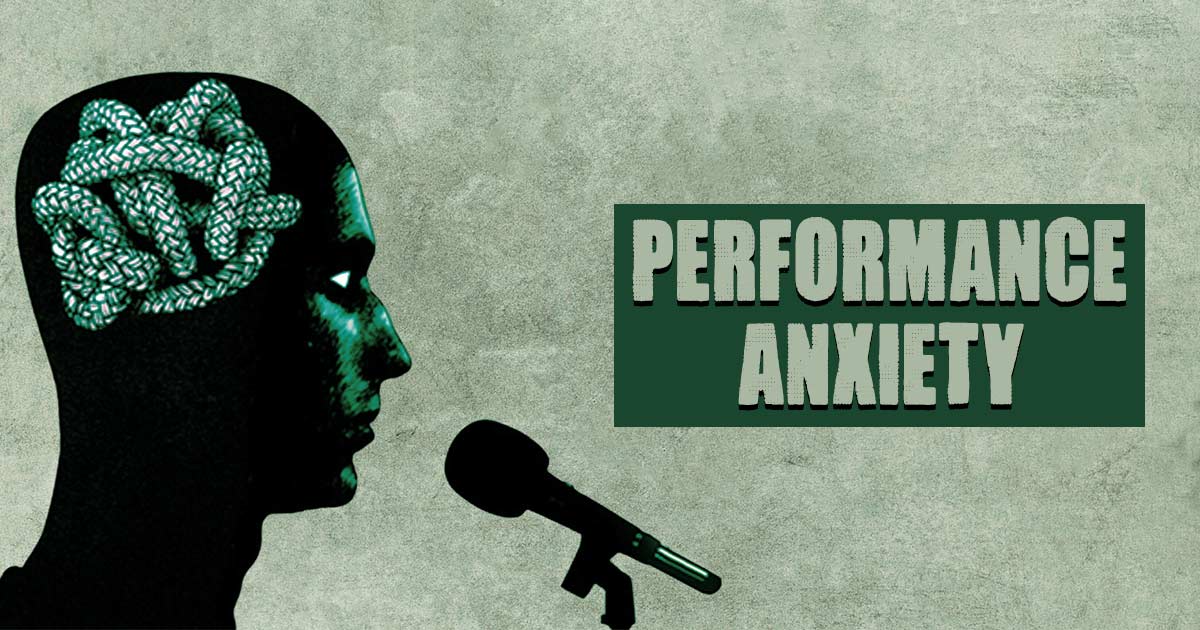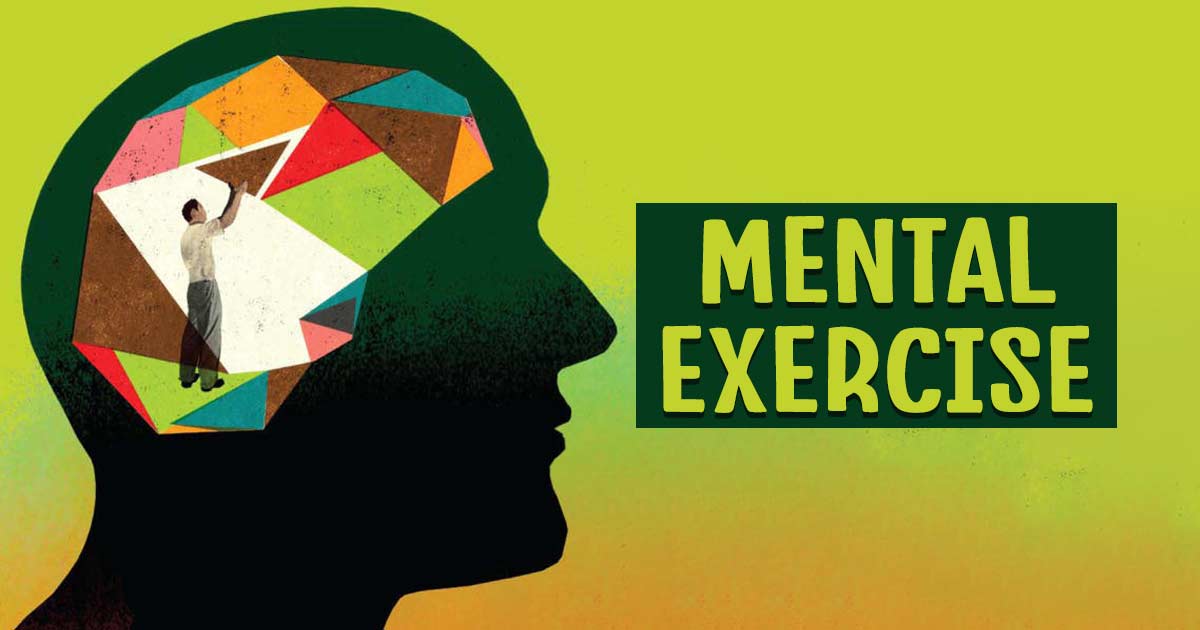Self-love is popularly known as the love that one has for oneself. It involves acceptance of one’s weaknesses and shortcomings and showing compassion—despite the flaws.
What Is Self-Love?
Self-love is a state of appreciation 1 Bailey J. A., 2nd (2003). The foundation of self-esteem. Journal of the National Medical Association, 95(5), 388–393. for oneself that grows from actions that support our physical, psychological, and spiritual growth. It means having a high regard for one’s own well-being and happiness.
Self-love involves taking care of one’s own needs and not sacrificing well-being to please others. This form of love for yourself is often identified as ‘self-positivity bias’ by psychologists.
The significant elements of self-love may include:
- Eliminating self-sabotaging behaviors
- Letting go of comparison
- Satisfying physical, psychological, and spiritual needs
- Respecting oneself
- Building self-esteem and confidence
Read More About Self-esteem Here
Self-love Vs Narcissism
Many people may mistake self-love for narcissism, but the two are completely different concepts. Narcissism can be defined as a person who is extremely self-involved and can go to extreme lengths to achieve their personal goals despite hurting someone else.
A narcissistic personality is characterized by extreme self-preference, grandiosity, vanity, entitlement, and exploitativeness.
People exercising self-love, on the other hand, have high self-esteem and confidence—without requiring recognition for their accomplishments.
They are completely aware of their strengths and weaknesses. Their accomplishments are more internal-based, unlike narcissists.
Read More About Narcissism Here
What Does Self-love Look Like?
The common habits of self-love in people include:
- Self-affirmation by repeating positive things
- Prioritizing physical and mental health
- Spending quality time with friends and family
- Letting go of anger and grudges
- Exercising frequent acknowledgment and acceptance of oneself
- Accepting and communicating one’s emotions and feelings
- Following one’s desires and goals
- Challenging oneself to be a better person
- Setting achievable and realistic goals
- Taking note of one’s progress
- Exercising forgiveness
- Refusing others to take advantage of oneself
- Following a well-defined set of values, morals, and boundaries
Psychology Of Self-love
Love is an emotion characterized by passion, intimacy, desire, and commitment. It begins when an individual feels affection towards another individual which involves considering the other person as special or unique.
But loving someone often stems from self-love. Some of the things to keep in mind when you want to love another person are that love comes from within and you choose how you want to feel. If you love someone and you often tend to mistreat them, then you aren’t really loving them.
Our love for others is a representation of how we feel and love ourselves. How you love yourself or abuse yourself will be a direct reflection of your relationships. So if you neglect your body, mind, and heart—so will your partner.
Hence, it is essential to keep in mind how you treat yourself. Loving yourself is the key to maintaining a happy relationship with your significant other or building a new one.
Elements Of Self-love
There are four main elements of self-love, including:
- Self-awareness, or becoming aware of one’s thoughts, feelings, and emotions and how these affect his/her surroundings
- Self-worth, or one’s ability to understand his/her worth or value as a person
- Self-esteem, or one’s respect for oneself
- Self-care, or a set of activities aimed at fulfilling one’s responsibilities towards his/her mental and physical health
Lack Of Self-love
A lack of self-love is a mental state in which a person normalizes an unequal and abusive intimate relationship and accepts the imbalanced, one-sided distribution of love, respect, and care. The common signs of a lack of self-love include:
- Fear of being unlovable
- Fear of trying and judgment
- Being needy and constantly seeking attention, affection, and affirmation
- Harboring tendencies like extreme self-focus, hypersensitivity, and self-justification
- Chaotic social relationships
- Disordered eating and sleep patterns
- Exercising hypervigilance over oneself and others
- Poor communication skills
- Low psychological resilience
- Harboring perfectionist tendencies
- Closeting vulnerabilities, emotions, and feelings
- Indulgence in self-harming behaviors (like drug abuse, suicidal ideation, etc.)
What causes a lack of self-love?
Research attributes the common causes of self-love to:
- Negative experiences in childhood
- Attachment trauma
- Core shame
- Pathological loneliness
- Codependency addiction
- Full development of self-love deficit disorder (SLDD)
Effects of lack of self-love
Self-love is a fundamental human component in leading a happy and fulfilling life. To neglect it and take to extreme self-sacrifice and self-neglect can negatively impact one’s quality of life, physical and mental health, and social relationships.
In its more severe form, a lack of self-love translates into self-love deficit disorder (SLDD) wherein people with low self-esteem chronically find themselves in unbalanced and unhealthy relationships.
They tend to gravitate toward toxic and self-serving people who only receive nothing in return. Neglecting their own needs, they compulsively cling to narcissistic and abusive people for validation and approval and display pathological “gratitude”.
Consequently, they adopt maladaptive behaviors and practices to cope with their not-so-pleasant realities. Because of this, SLDD is frequently associated with poor mental health, self-harm, and suicidal tendencies.
Importance Of Self-love
Loving oneself is an integral part of human life. It is closely associated with healthy and fulfilling relationships, psychological resilience, and fulfilling self-growth. It also blesses us with better physical and mental health, greater life satisfaction, and a more positive attitude toward life.
Mental health effects of self-love
Self-love acts as a barrier against the onset of a number of mental health conditions, including:
- Depression [Read More]
- Chronic anxiety
- Irritable bowel syndrome (IBS)
- Chronic fatigue syndrome (CFS)
- Eating disorders [Read More]
- Self-harm [Read More]
- Burnout [Read More]
- Suicidal ideation and execution
What Is Self-love Therapy?
Self-love therapy involves a set of therapeutic practices focusing on notions of acceptance, comfortability, and respect for the self. It is an effective healing method that encourages positivity and self-esteem—thereby healing those who suffer from depressive symptoms, anxiety, shame, guilt, etc.
Common therapeutic self-love exercises include:
- Reflective writing
- Music and art therapy
- Self-acceptance training
- Mindful meditation
- Commitment therapy, etc.
How To Practice Self-love
Consider the following tips to practice self-love:
- Avoid negative self-talk
- Create personal self-love habits like journaling, planning a day out, etc.
- Set healthy boundaries and learn to say “No”
- Make space for self-reflection
- Acknowledge your strengths and weaknesses and work on them accordingly
- Practice self-hygiene
- Reciting positive affirmations daily
- Availing yoga, meditation, stress management techniques, etc.
Read More About Stress Management Here
Takeaway
Self-love is a fundamental human component in leading a happy and fulfilling life. To neglect it and take to extreme self-sacrifice and self-neglect can negatively impact one’s quality of life, physical and mental health, and social relationships.
Therefore, it is of utmost importance to practice self-care, self-respect, and self-love. Through this approach, we can not only grow and prosper ourselves but also give back to the community at large.
At A Glance
- Self-love is popularly taken as the love that one has for oneself.
- It is central to leading a happy and fulfilling life, as well as sound mental and physical health.
- The four elements of self-love include self-awareness, self-worth, self-esteem, and self-care.
- The process of self-care in therapy is used to effectively treat sufferers of chronic depression, anxiety, etc.
Frequently Asked Questions (FAQs)
1. What is needed for self-love?
Learning to take care of your own needs and not sacrificing your well-being to please others is essential for exercising self-love.
2. Why is self-love important in life?
Self-love is closely associated with healthy and fulfilling relationships, psychological resilience, and fulfilling self-growth.
3. What are the effects of self-love?
The positive effects of self-love include greater happiness, stronger psychological resilience, increased motivation, as well as better physical and mental health.
4. What is the greatest form of self-love?
Acts of self-love can take different forms, according to the person exercising it. However, the more common self-love exercises include journaling, hiking, etc.




























